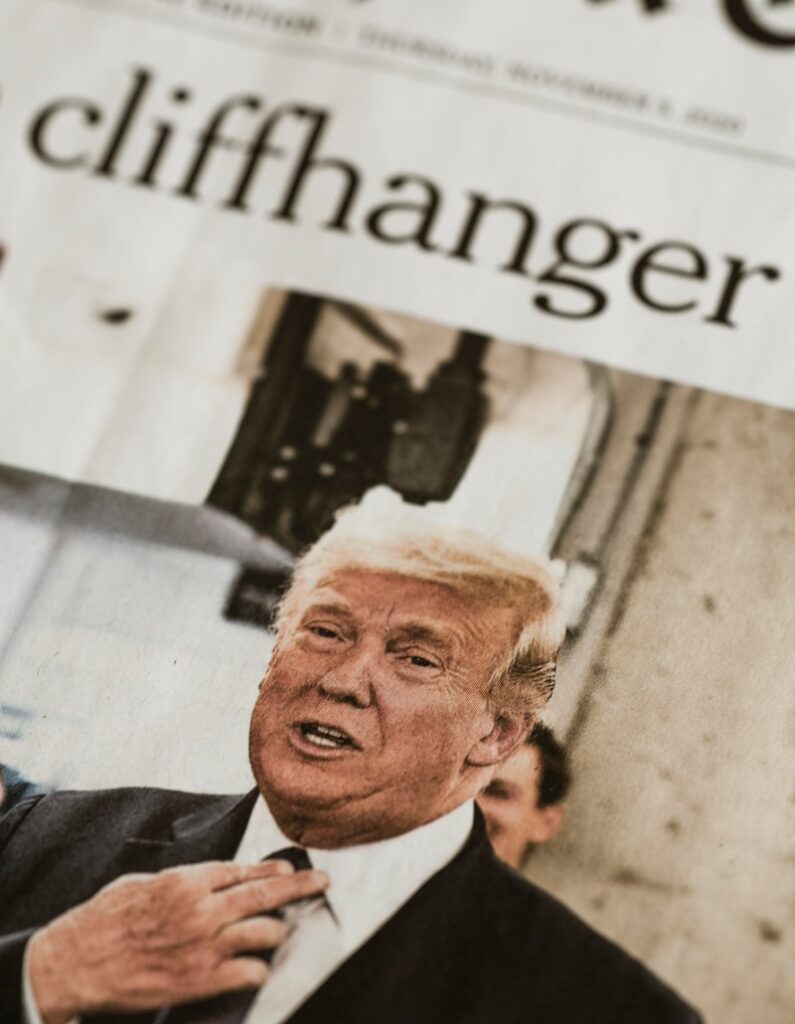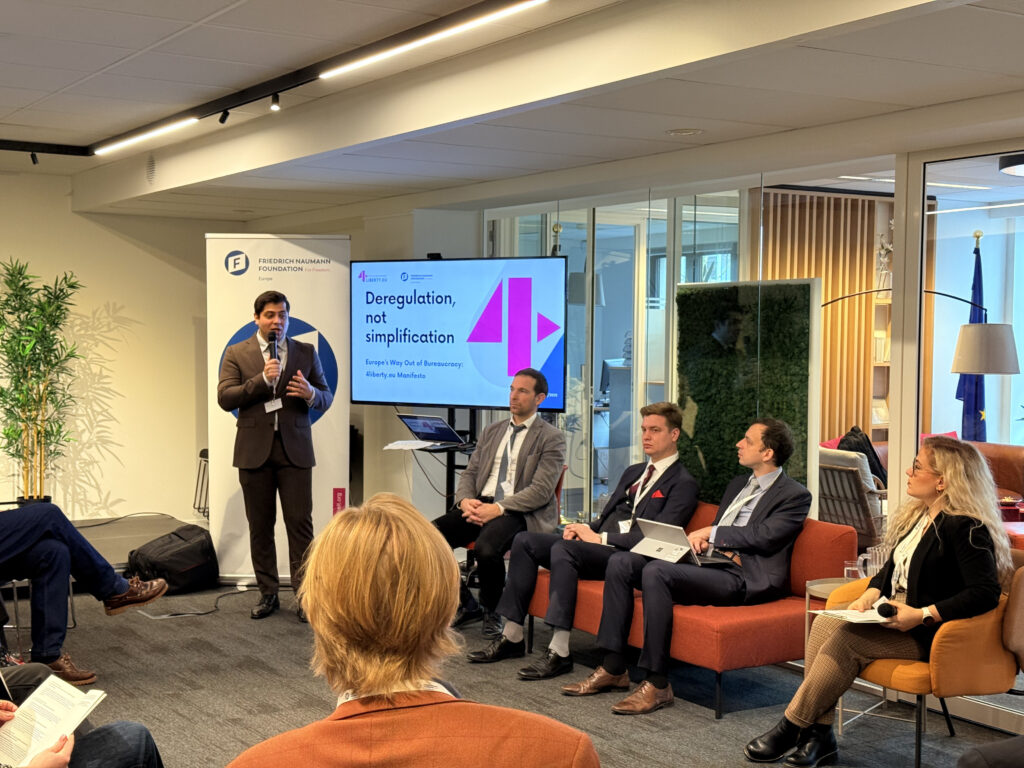
Transatlantic Tale of Fear and Politics: Implications of Charlie Kirk’s Assassination in Hungary
The death of Charlie Kirk, a controversial right-wing political activist, has had a widespread impact, not only in U.S. politics but also across the globe. This article examines how the assassination of a conservative figure has affected the domestic politics of a country known for its long-standing government that prides itself on having traditional, conservative values, exactly what Charlie Kirk stood for.










![Total Defense in Europe: What Is It and Why Do We Need It? with Helena Quis [PODCAST] Total Defense in Europe: What Is It and Why Do We Need It? with Helena Quis [PODCAST]](https://4liberty.eu/phidroav/2025/12/Helena-Quis1-1024x1024.jpg)
